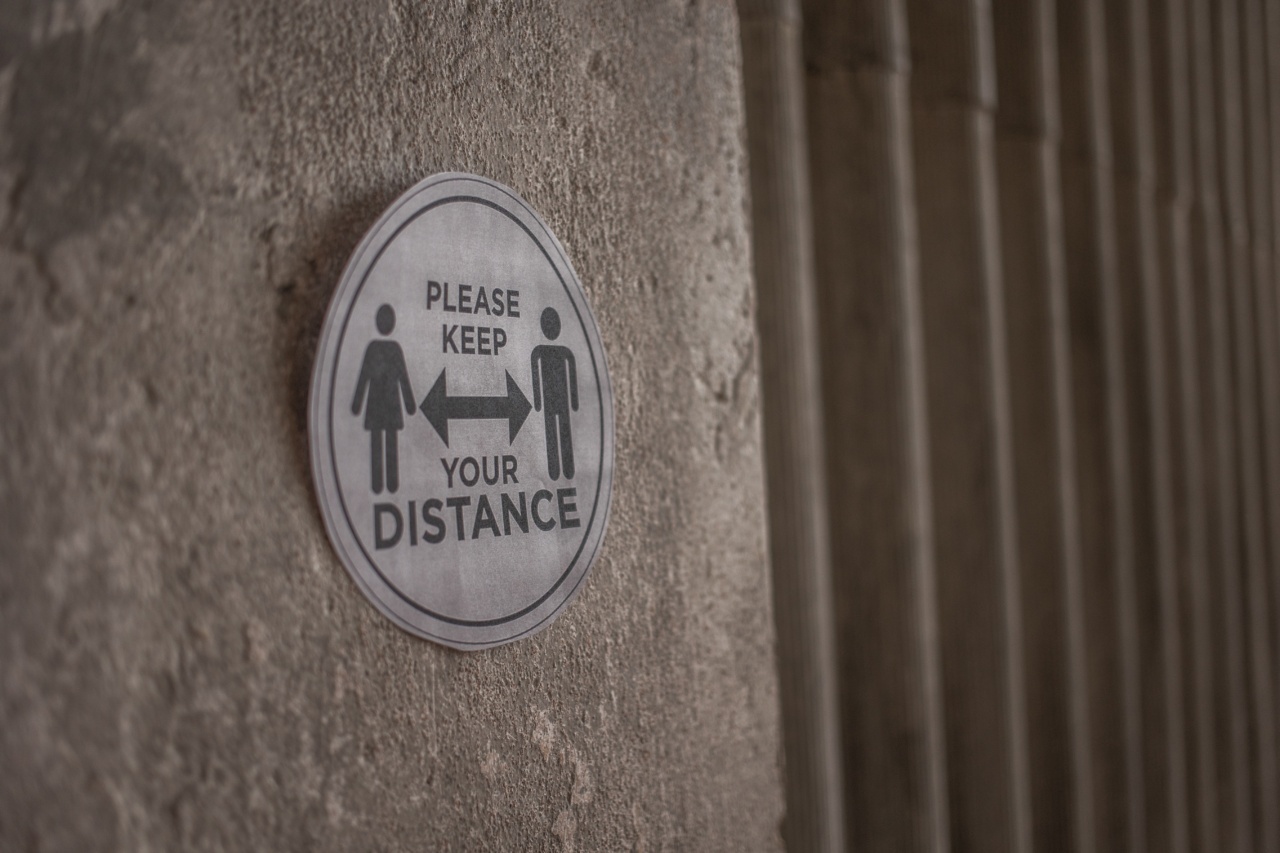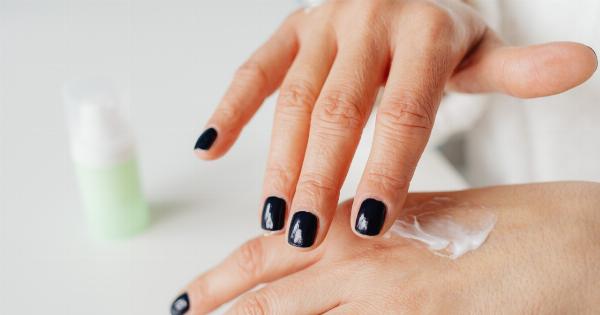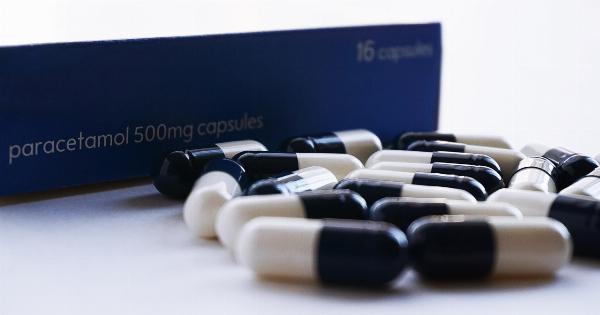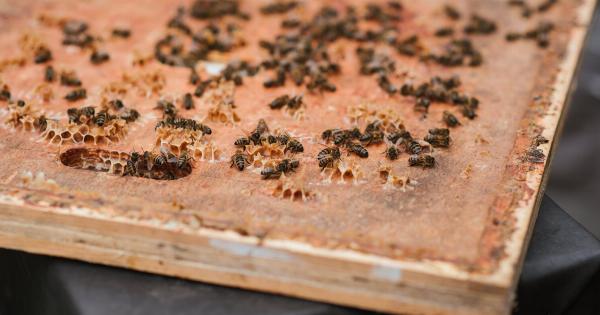Our feet are one of the most neglected parts of our body. While we spend a lot of time maintaining our facial skin, hair, and nails, we hardly think about our feet until they start to hurt or show signs of poor health.
One of the most common issues that people face with their feet is dry soles. However, dry soles are not just an aesthetic concern. They could be an indication of an underlying health issue. In this article, we’ll discuss what your dry soles could be telling you.
1. You’re Not Hydrated Enough
One of the most common reasons for dry soles is dehydration. When you don’t drink enough water, your body tries to hold onto the moisture it has. As a result, your feet could become dry, flaky, and itchy.
To keep your feet hydrated, make sure you drink plenty of water throughout the day. Aim for at least 8-10 glasses of water daily.
2. You’re Using Harsh Soaps
Using harsh soaps, detergents, or shampoos can strip your skin of its natural oils. When this happens, your skin becomes dry and loses its elasticity.
If you notice that your feet have become excessively dry and flaky lately, try switching to a mild soap or a soap-free cleanser. You could also use a moisturizing cream or lotion after washing your feet to keep them hydrated.
3. You’re Not Moisturizing Enough
If you have a habit of neglecting your feet, it’s time to pay attention to them. Moisturizing your feet regularly can help prevent dryness and crackling. However, it’s not just about applying a moisturizing cream or lotion once in a while.
You need to make it a part of your daily routine. Apply a moisturizing cream or lotion twice a day, once in the morning and once at night, to keep your feet hydrated throughout the day.
4. You Have a Fungal Infection
Another reason for dry soles is a fungal infection. If you notice that your feet are excessively dry, itchy, or flaky, it could be a sign of a fungal infection such as athlete’s foot.
Fungal infections are more common in people who sweat excessively or have injured their feet. If you suspect that you have a fungal infection, consult a dermatologist, who will prescribe an antifungal cream or medication to treat it.
5. You’re Experiencing a Vitamin Deficiency
Vitamin deficiencies can also cause dryness in the feet. If you’re not getting enough vitamins B and E, your skin may become dry and flaky.
Vitamin B is essential for cell regeneration and maintaining healthy skin, while vitamin E is an antioxidant that helps protect your skin from damage. Make sure you include foods that are rich in vitamins B and E, such as whole grains, nuts, seeds, and leafy greens, in your diet.
6. You Have an Underlying Health Condition
Finally, if your dry soles persist even after trying to address all the above issues, it could be a sign of an underlying health condition. Some health conditions that could cause dry skin on the feet include diabetes, thyroid disorders, and psoriasis.
If you have a health condition and notice dryness in your feet, consult your doctor to determine the underlying cause.
Conclusion
Dry soles may seem like a minor issue, but they could be a sign of a more significant health issue. By paying attention to your feet and taking care of them, you can prevent dryness and other foot problems.
Drink plenty of water, moisturize your feet regularly, and consult a dermatologist if you notice any persistent foot issues. Your feet deserve as much attention and care as the rest of your body.































